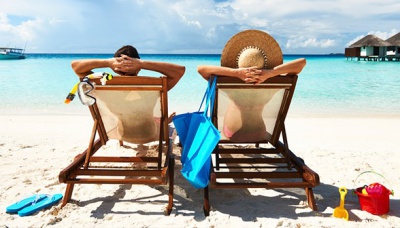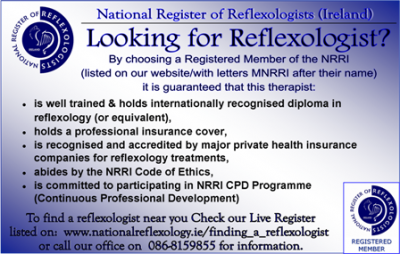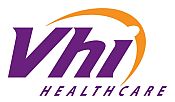LOOKING FOR REFLEXOLOGIST? >>CLICK HERE>>
Reflexology
for Anxiety
Everyone experiences anxiety in
different ways. Some of the most common symptoms include:
- Constant and obsessive worrying
- Feeling overwhelmed and wanting to cry all the time
- Obsessive and repetitive thoughts
- Wildly fluctuating emotions
- Difficulty concentrating, becoming easily distracted
- Difficulty learning or remembering things
- Insomnia
- Being unable to relax
- A loss of libido
- Changes to appetite - including craving sweets, losing your appetite, increased nausea and/or vomiting, changes in weight
Anxiety develops when we are first
faced with a stressful situation - moving house, a big event, redundancies,
bereavement or something as simple as a caffeine overload. These feelings of
anxiety are the body's early warning system. Your body recognises that some
form of danger is near, so you are kept alert in order to cope with what your
body perceives as a potentially life-threatening event. In healthy individuals,
the difficult situation is met, overcome and we move on. For some people, it
isn't so simple. When anxiety symptoms prevent you from coping with everyday
life, then you may have developed an anxiety disorder.
Common
Approaches to Severe Anxiety
When a patient is first diagnosed
with an anxiety disorder, it is not always a given that they will immediately
be prescribed anti-anxiety medication. Although anxiety medications exist, the
research into anxiety suggests that these medications are generally not as
effective as receiving treatment from amongst the talking therapies - particularly
cognitive behavioural therapy, psychotherapy and counselling. Patients are
often encouraged to look at psychotherapy first and/or the range of
complementary and alternative treatments available to them that have a track
record in reducing anxiety symptoms.
Why
Reflexology for Anxiety?
Reflexology has that track record in
anxiety management. A study carried out at the
University of Canberra in 2000 indicated that reflexology was extremely
effective in relieving anxiety, nausea and pain in cancer patients. Other studies, carried out in
Europe, show reflexology to be very useful in treating stress-related anxiety
(and reducing staff sick days by 25% over 3 years), and managing both pain and
anxiety during labour and childbirth (and reducing the length of time in all
stages of labour in the process).
Reflexology is a great way of relaxing and learning to manage your stress
levels and anxiety symptoms. As well as the profoundly relaxing experience of
having a treatment from a professional reflexologist, you can also use hand
reflexology in between sessions in order to manage your response to your
anxiety symptoms yourself. One technique that many find useful is to develop
the habit of working the solar plexus point on the hands from the moment you
start to feel anxious. This point is easy to find (ask your reflexologist) and
subtle to work - someone watching you is unlikely to notice what you are doing;
it just looks like you have your hands folded over each other.
Specific
Reflex Points to Focus on to Relieve Anxiety
- Solar plexus - One of the most valuable reflex points to learn as a means of controlling anxiety symptoms. Working the solar plexus point will enhance any feelings of well being, can reduce the sensation of butterflies in your stomach, encourage you to breath slower and deeper and generally calm down all the physical indications of stress.
- Head & brain reflexes - Working these can help to control any sense of being overwhelmed, and will encourage clear thinking and a more balanced approach to your problems. Working these areas will also help you to concentrate more effectively and to be less distracted when you are trying to learn or absorb something new.
- Stomach - work the stomach reflex areas if your symptoms include nausea, ‘butterflies' or changes in your appetite.
- Small intestines & colon - These are worth concentrating on if you are also experiencing irritable bowel symptoms.
- Adrenals - If you have been experiencing anxiety symptoms for some time, then it is likely that your adrenal reflex areas will be quite painful when worked. Please bear with this and get in the habit of working the area yourself a few times a day (hand reflexology points will be just as helpful if you can't conveniently access your feet). Working the adrenal reflexes in this way can encourage your adrenal glands to adjust their production of the stress hormones adrenalin and cortisol.
- Pineal - The pineal gland is responsible for the sleep-wake cycle of the body. Work this reflex area if you are struggling with insomnia or other sleep-related symptoms.
- Pituitary - The pituitary reflex is found close to the centre of the plantar surface of the big toe. The pituitary gland itself is one of the most important endocrine glands and is closely linked to the body's stress response. Working this area will help reduce any anxiety symptoms as well as helping to adjust your body's response to stress.


 Our Objectives
Our Objectives CPD Programme
CPD Programme





